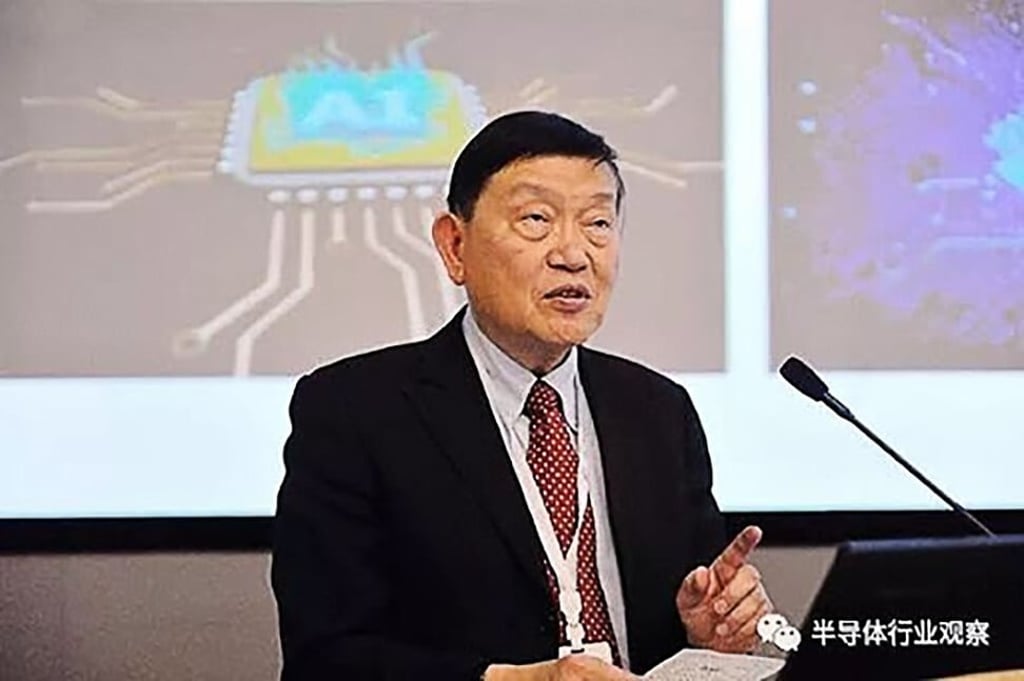Advertisement
China’s semiconductor talent shortage poses biggest obstacle to Beijing’s chip self-sufficiency ambitions, SMIC founder says
- Richard Chang Rugin, founder of chip maker SMIC, sees no easy fix for the low supply of semiconductor talent in the world’s second-largest economy
- China’s chip self-sufficiency efforts are also complicated by the global semiconductor shortage and tensions between Beijing and Washington
Reading Time:2 minutes
Why you can trust SCMP
6

China’s biggest obstacle to achieving self-sufficiency in semiconductors is a chronic shortage of talent in the industry, not the lack of funding, according to the founding father of the country’s chip manufacturing sector.
Richard Chang Rugin, founder and former chief executive of chip foundry Semiconductor Manufacturing International Corp (SMIC), said in a conference in Shanghai on Thursday that “capital and policy support is not the problem” in the world’s second-largest economy, which is also the biggest market for chip manufacturing equipment.
Chang, 73, said cultivating talent in the country’s semiconductor industry is “not only about academic education, but also practice”, such as experience in factories.
Advertisement
His assessment of the imbalance in manpower supply and demand in the industry is backed by recent market data.
Demand for workers in the semiconductor industry has increased like never before. The industry brought in 65 per cent more new hires in the first quarter this year, compared with the same period in 2020, according to 51job.com. That comes amid an increase of new semiconductor company registrations – from firms involved in everything from designing to manufacturing chips.
Advertisement

Advertisement
Select Voice
Select Speed
1.00x